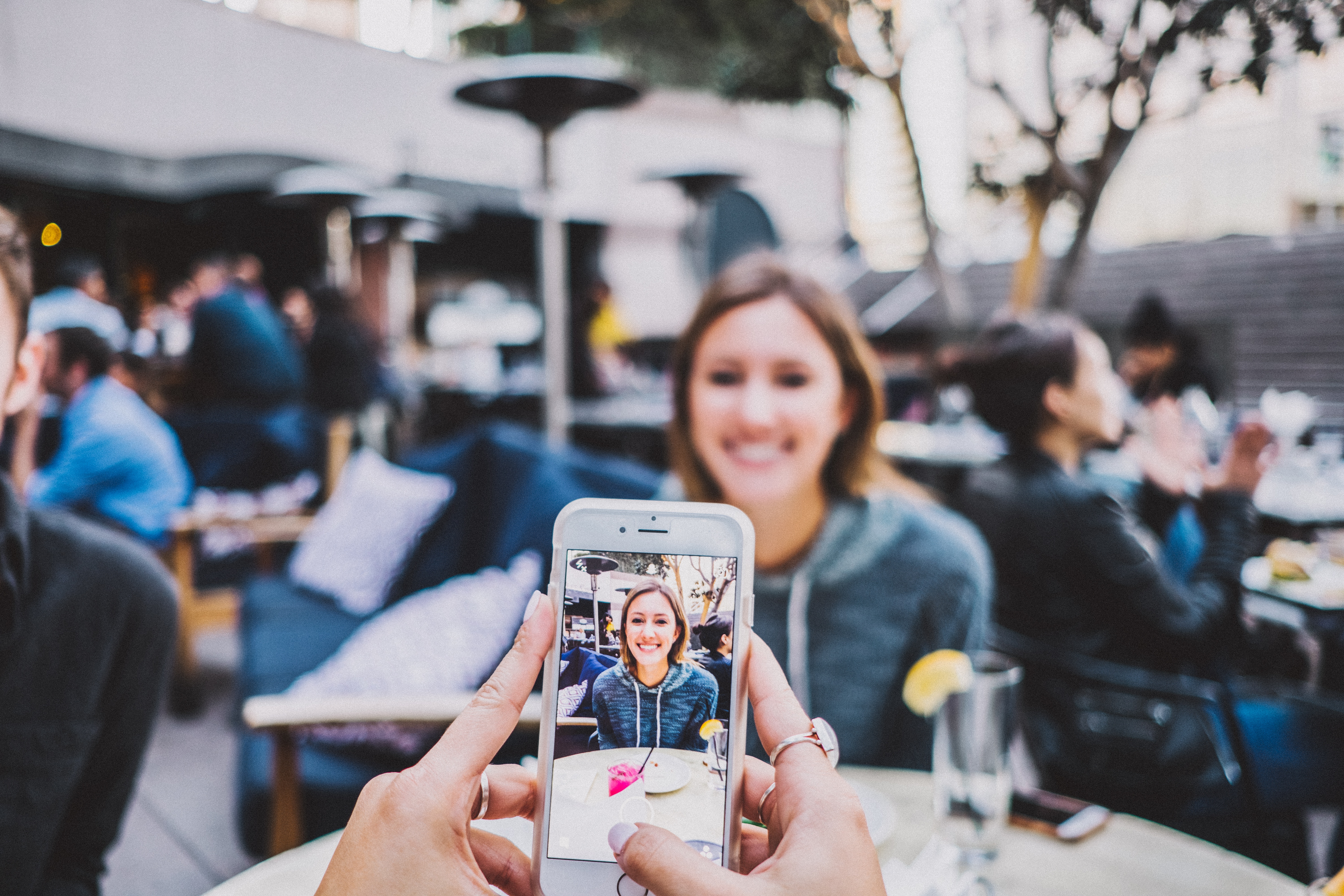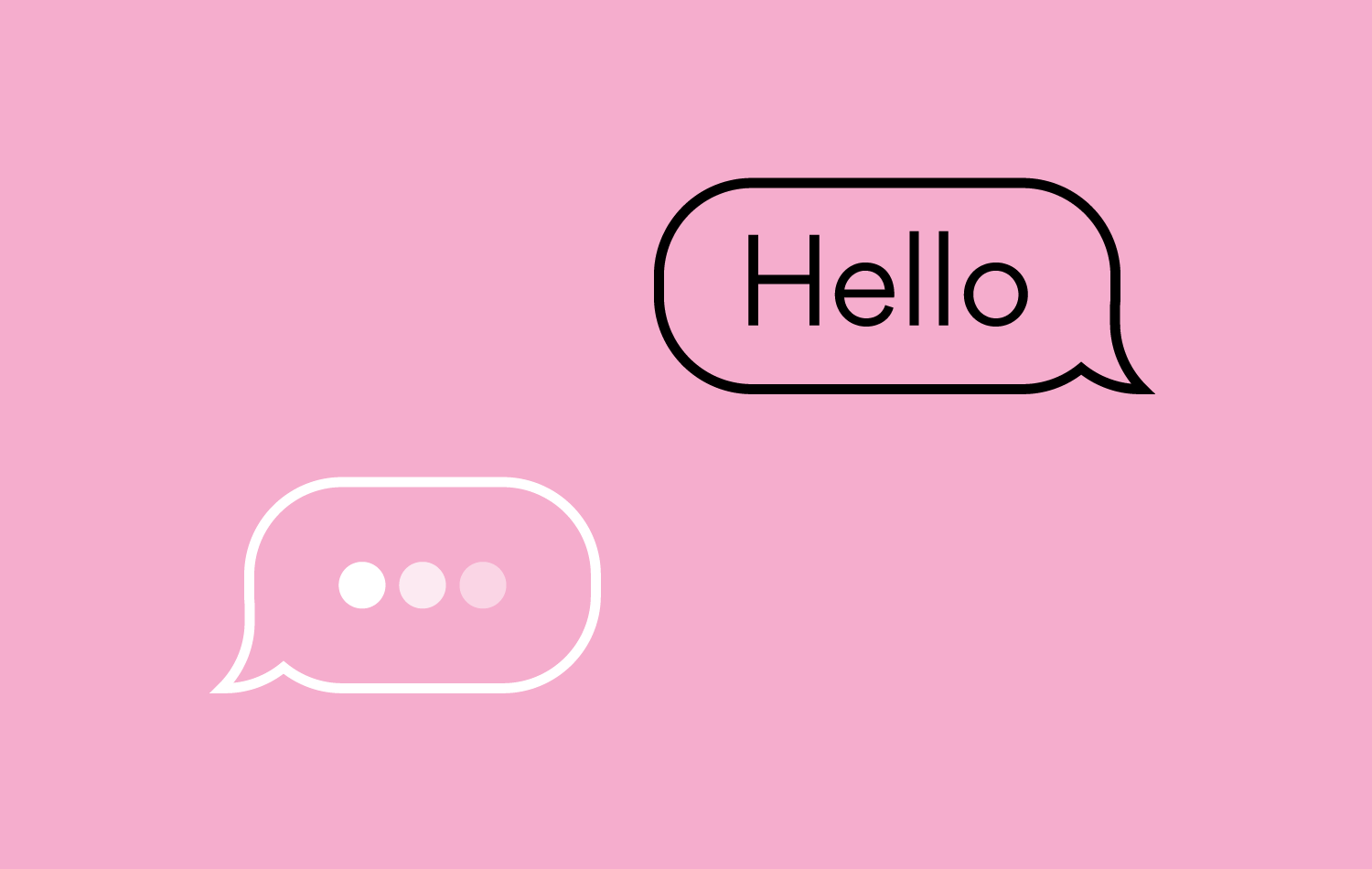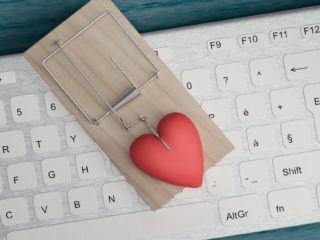You would think with the fact that we post our lives publicly for the world to see, that there would be more transparency. Unfortunately having access to multiple social media accounts permits more avenues and loop holes that can lead to temptation.
While relationships shouldn’t have to be justified through social media or made official on Facebook for others to accept and respect them, they shouldn’t necessarily be hidden.
So, what happens when your partner starts to use social media in such a way that boundaries become blurred? Are you just overreacting when they liked that picture or is this the start of something more?
It’s time to clear the air and lay down some standards, so you can identify if those niggling doubts are actually red flags:
 Photo by Becca Tapert on Unsplash
Photo by Becca Tapert on Unsplash
No Friend Request or Follow Back?
Timing definitely plays a role in this one. If you are newly dating someone and they don’t want to make anything public yet, that is fair. Some people like to keep their budding relationships on the down low. But refusing to accept your friend request or follow back after a year of dating? Whatever reason they come up with, this may be a red flag that they want to hide the fact they are in a relationship. There is a difference between keeping things private and keeping things a secret, one is used to protect, the other is used to deceive.
Being added as a friend on social shouldn’t be a big deal and if they make it one, it could be because they have ulterior motives.
Commenting on inappropriate pictures and passing it off as harmless
Instagram in particular is a feeding frenzy for the eyes when it comes to scantily clad, sexualised poses from attractive people. It becomes somewhat of a fantasy land. If your partner is actively engaged in conversations with these people, or slipping into their DM’s, you may want to have a conversation about their activity.
Each partner should always be accountable to actions and how they affect the other person. Interacting with accounts that are disrespectful to your relationship is not OK.
They are addicted to social media
Our phones are a huge part of our lives, some of us have even built careers around being a social media star! However, being addicted to social media is detrimental to your relationship and affects your interactions with people offline. If you’re glued to your phone 24/7, you’re not connecting with the people physically around you. Oftentimes, we compare our lives to those who appear to be “living their best life” on The Gram. Social media often fails to show the bad, or tougher days people have which ultimately causes people to compare their lives to one that only looks perfect on the outside. There is no such thing as perfect.
They have reconnected with past relationships as “friends”
Social media is not an invitation to connect with the past just because you now have access to it. Chatting to exes can lead to temptation to pick up where you left off.
It also is unnecessary and disrespectful to your current relationship. Rule of thumb; if you don’t feel comfortable catching up with that person in the company of your spouse then don’t add them!
There is no evidence of you or your relationship on their social
This is again a matter of hiding the fact that they are in a relationship. It’s not to say you have to be in all their photos, but rather there should always be transparency about the fact that you are in a relationship. A subtle caption, a casual photo or mention are easy ways to communicate this to the public eye.
Most of the time if someone is getting on the defensive about their behaviour, it’s usually because they know they are doing something wrong.












